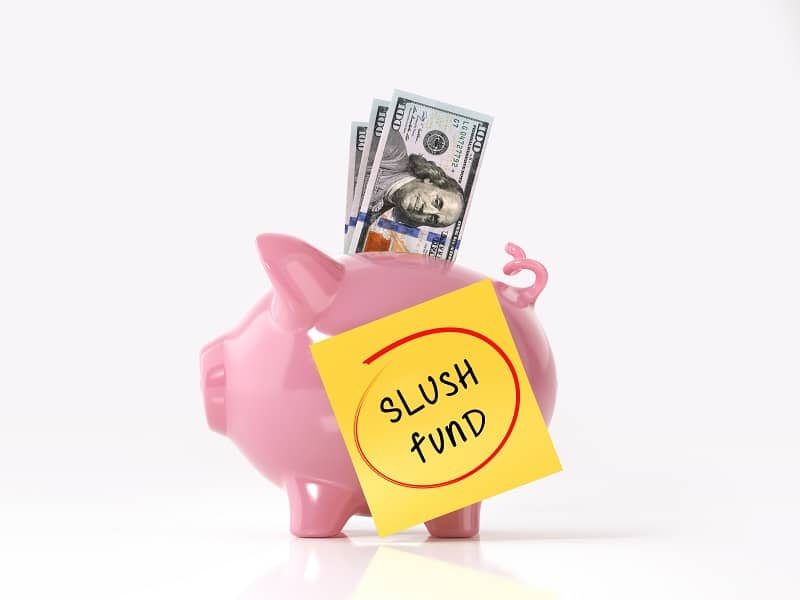FOR IMMEDIATE RELEASE
Contact: John A. Charles, Jr.
Tel.: 503-242-0900
Fax: 503-242-3822
E-mail: john@cascadepolicy.org
This week Cascade Policy Institute released a report analyzing Portland’s eighteen-year-old polystyrene foam ban. Sustainable Failure: Why Portland’s Polystyrene Foam Ban Should Be Repealed details why the ban clearly fails the “triple bottom-line” test promoted by environmental sustainability advocates, “who believe that sustainable business practices will result in financial, environmental and social benefits.” The report was published as part of Cascade Policy Institute’s Oregon
Economic Opportunity Project.
Sustainable Failure: Why Portland’s Polystyrene Foam Ban Should Be Repealed was written by Margaret Hardy and John A. Charles, Jr. A recent graduate of Georgetown University, Margaret Hardy conducted research on this paper during a fellowship with Cascade Policy Institute. John A. Charles, Jr. is President and CEO of Cascade Policy Institute.
This timely paper investigates the true environmental impacts of polystyrene foam (PSF) production and disposal—and of the arguably inferior paper and plastic products that have replaced it. Hardy and Charles also explore the significant financial consequences of the PSF ban on the food service industry in Portland.
“Eighteen years later,” argue Hardy and Charles, “overwhelming evidence shows that[…] [a]lternatives to [polystyrene foam] food service containers actually carry more environmental impacts than PSF. At the same time, the law drives up costs to businesses and consumers and negatively affects the business environment in Portland. As a means of educating the public, the ban fails because it encourages the perpetuation of misunderstanding among the citizens of Portland.”
Some of their findings may surprise:
- “Because polystyrene foam requires fewer raw materials and less energy to produce than alternatives, it is far less expensive….While additional cup costs may not be an issue for a large franchise, for a small neighborhood coffee shop owner it could be a significant contributing factor in whether or not a business is successful.”
- “…[P]aper and PSF products are not consumed at an equal rate….[W]atching consumer behavior shows that customers in Portland routinely request…double paper cups, extra napkins or ‘java jackets’ to protect their hands from burning.”
- “…[A]ccording to the 1988 Task Force Report on PSF, 90 percent of all foam cups have never been made with CFCs, and foam products made with CFCs comprised less than 2 percent of national CFC use.”
- “Substitute products for PSF are generally not being recycled. In order for paper products to hold liquid, they must have a waterproof coating, which is often petroleum-based. This fact, along with food contamination, makes recycling paper food service products next to impossible.”
- “Because plastic products have continued to develop since the ban was written, restaurant owners in Portland are allowed to use, and frequently do use, some newer types of foam…with a higher density of plastic [than the banned PSF].”
“When the ban was enacted in 1989,” Hardy and Charles conclude, “many of the arguments for the ban had not been fully explored. Now that the issues it was designed to address have either become obsolete or been disproved, it is outdated and unnecessary.” On both environmental and economic grounds, Sustainable
Failure: Why Portland’s Polystyrene Foam Ban Should Be Repealed recommends that Portland’s controversial PSF ban be repealed.
The Oregon Economic Opportunity Project seeks to engage the citizens of Oregon, the media, and state and local lawmakers in an in-depth discussion about economic opportunity in Oregon and to move forward in a direction that creates a healthy, dynamic economic climate in the state. More Cascade publications can be found at www.cascadepolicy.org.
# # #
For more information on this report and the Oregon Economic Opportunity Project, please contact John A. Charles, Jr. at (503) 242-0900.











